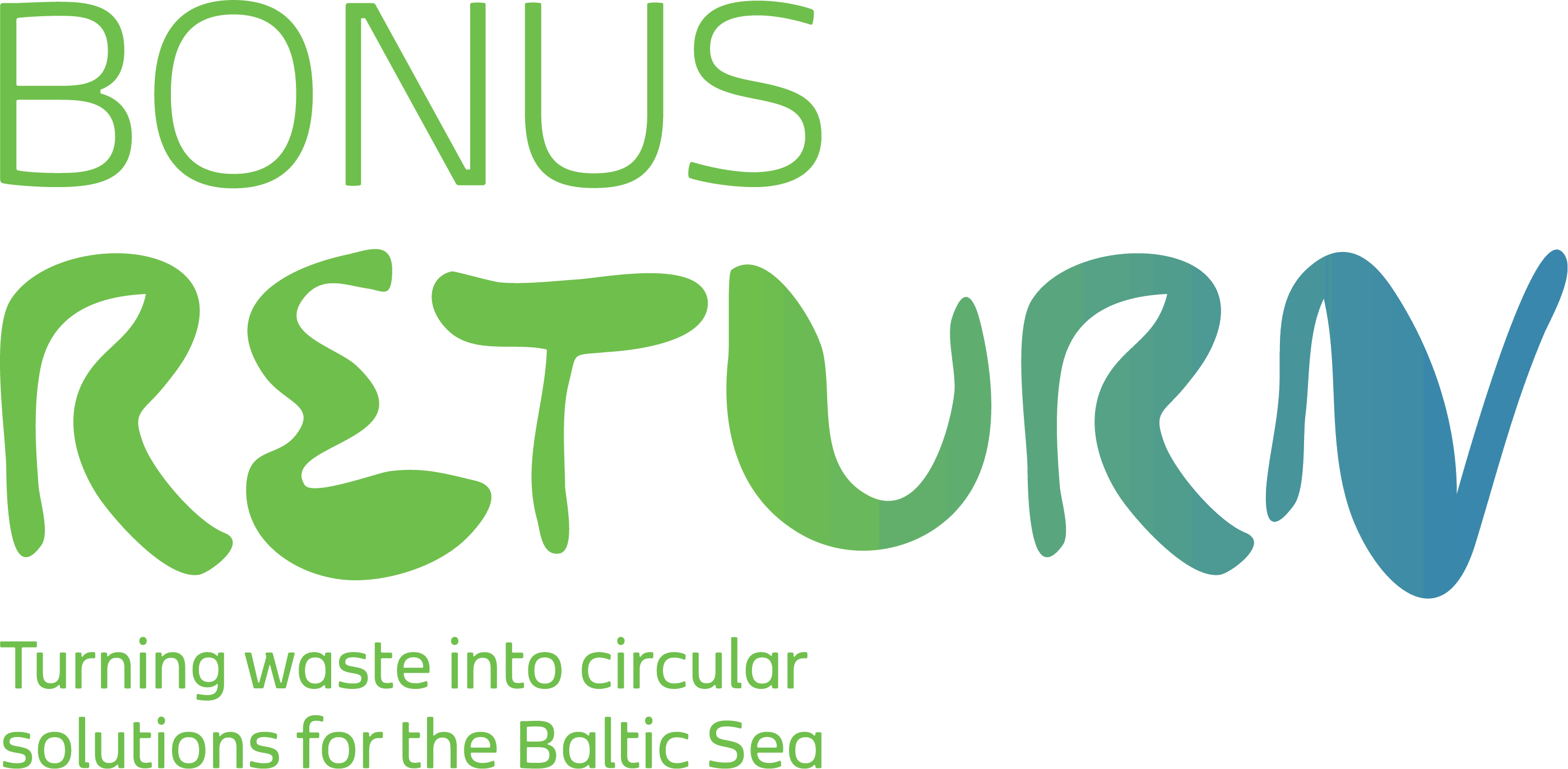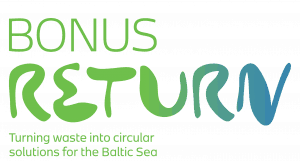Authors: Solveig L. Johannesdottir, Erik Kärrman, Karina Barquet, Jari Koskiaho, Olle Olsson, Marek Giełczewski.
Abstract
Sustainability assessments can be a powerful tool in decision-making regarding technical innovations. In this study, a sustainability assessment of technical systems for recovering nutrients and carbon from domestic wastewater is presented. Multi-criteria analysis was used to calculate a sustainability score of three different technical systems compared to a baseline in two case studies: the Fyriså river catchment in Sweden and the Słupia river catchment in Poland. Two participatory workshops with local stakeholders were held in each case-study, the first to co-develop the system alternatives and sustainability criteria and the second to collect stakeholder weighting of the criteria. Although the systems assessed in both case studies were similar, the resulting sustainability scores were different. In Fyris, although the differences in scores was small, the preferred alternative was introduction of source-separation followed by a large redesign of the treatment and phosphorus extraction from incinerated sludge was the least sustainable alternative. For the Słupia systems the scores varied more, and the preferred system was a large redesign of the wastewater treatment followed by ammonia stripping of the reject water and the source-separation alternative received the lowest score. In both case-studies, the more costly system received highest sustainability score indicating the large potential benefits of enhancing resource recovery from domestic wastewater. Stakeholders did not prioritize technical aspects over the other sustainability criteria, yet most of research on resource recovery interventions is focused on technical performance.

